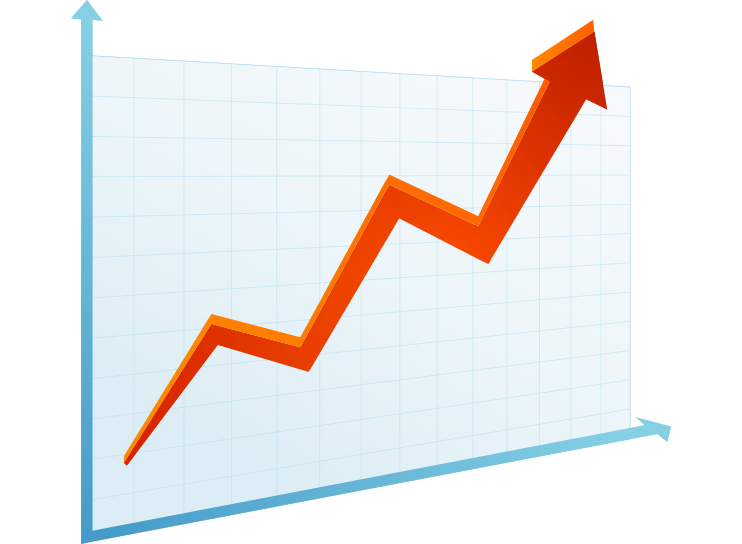SEO VS. PPC
SEO VS. PPC: So Much More Than Just Acronyms
Marketing strategies are vital to the success of any online business. The question concerns which one is right for your company: Search Engine Optimization (SEO) or Pay Per Click (PPC)? Though both tactics strive towards the same goal, they are different and thereby require diverse techniques and approaches. The answer to which one will work best for you depends greatly on your company needs and budget.
If you have funds available and need traffic fast, PPC might be the right answer. If on the other hand, funds are tight, SEO and the passage of time could mark the correct path.
Both methods require marketers to know and understand their strengths and limitations. Understanding the customer is a priority for both approaches as well. Anonymous consumer behavior guides website managers towards effective strategic campaigns that are geared specifically to an individual’s browsing habits. From the seller’s point of view, what consumers seek and look at is just as important as what they end up buying.
The following are some factors to consider before making your decision about which strategy to employ:
• The size of your website advertising budget
A good starting point might be a minimum of $5 to $10 per day. Even this little amount can reap rewards in improving the generation of traffic to your site, which is the life force of any online business.
• The need to achieve a conversion rate
This refers to the measure of the percentage of potential customers that make a purchase on your site. More and more transactions are completed online and knowing how to properly leverage customer data gives the marketer an edge no matter what product or service is being promoted because it positions brands to effectively respond to the burgeoning demands of multi-point marketing. A PPC campaign tied to a Google Analytics account can tell you whether your ROI is positive or negative and which conversions are from PPC visitors to your site.
• The need for consistent results
An SEO campaign takes time to get off the ground. Getting to the top of those search engine pages legitimately never happens quickly. One major benefit of SEO is that once you get there you can stay there for quite a while and reap long term rewards, if you keep up with your campaign and are consistently working towards maintaining and improving results.
When Does SEO Work Best?
Google receives more than 400 million searches per day and for this reason, most SEO campaigns target this specific search engine. When you wish to become an “authority” website, generating the traffic required can be accomplished via clever content empowered by highly intelligent SEO techniques that are targeted to propel a particular website to the first page of the major search engines.
Although it may take a while to get up there and you will need to do quite a bit of work, once you become an “authority site,” traffic will generate based on URL recall alone. As your reputation for being an authority increases, you may well eventually come to dominate the market for your specific niche. SEO is vital to increasing traffic on a consistent basis, increasing page and search engine rankings and link popularity.
SEO Weakness
One major weakness of SEO is that its algorithms (step-by-step procedures for calculations) are subject to change. This can cause a sudden loss in both rankings and profits. PPC users never experience this because they pay for an assured stream of traffic.
When Does PPC Work Best?
Pay-per-click requires payment for every user who clicks on the ad being promoted on your website. You must bid on the ads you want to see appear whenever your keywords are used in a query that includes them. PPC will deliver within minutes after your campaign is approved. Millions of people will see your ads before you can blink your eyes three times. Google AdWords, Yahoo Advertising, and Facebook’s advertising platform are all successful PPC platforms.
PPC is also highly effective when the goal of a website is a highly targeted traffic audience. This strategy works with demographic data and you can even promote your ads to the age range, gender, income bracket, education level, and even marital status of those who will see them. Time-sensitive offers also work well with PPC, as SEO strategies, like fine wine, need more time to develop.
PPC Weakness
The cost per click for a single keyword can vary greatly from time to time and this factor alone makes it more difficult for new advertisers to turn a profit from PPC traffic. In such cases, SEO is a better choice.
In summation, the goals of both strategies are the same and the difference lies in the methods utilized to improve website positioning. Both methodologies can effectively garner visitors to a website but one may work better in one instance than another. When combined, both PPC and SEO can be powerful tools.
So do your homework and choose wisely. The website you save may well be your own.

